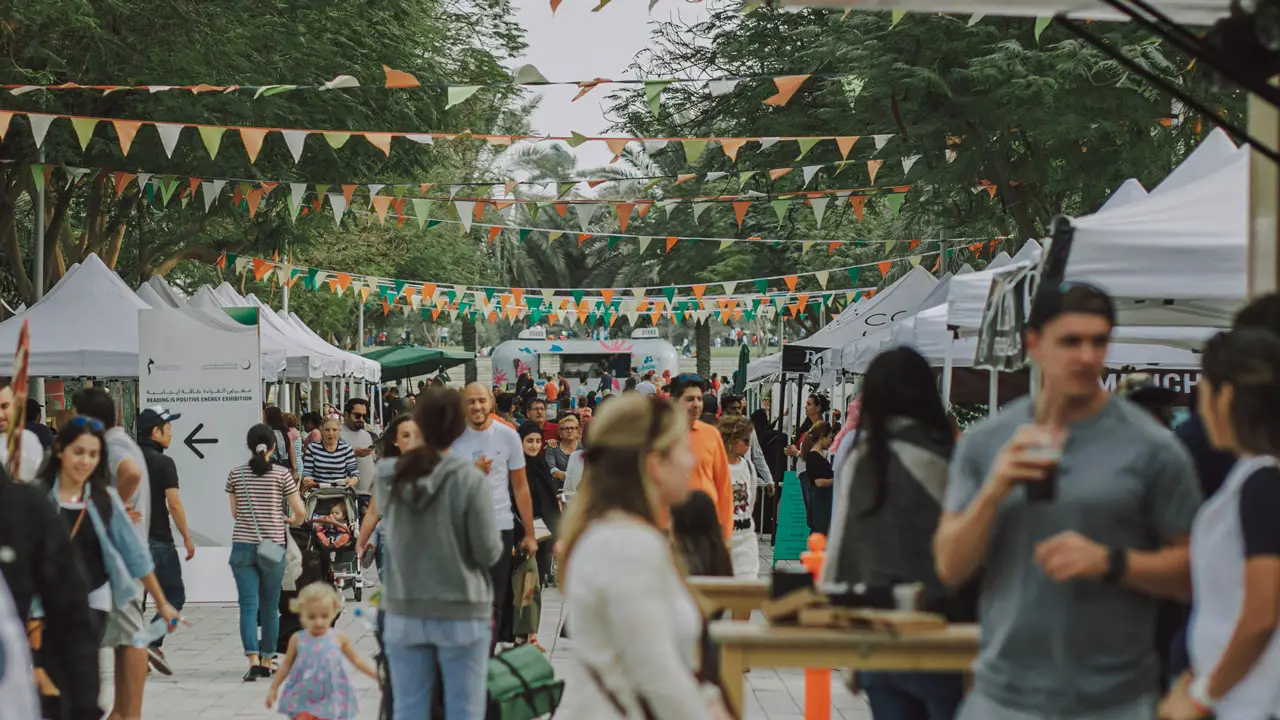Experiential marketing events are an incredibly effective tool to reach new customers, build your brand, and generate awareness of your product or service. But how experiential marketing events are organized? What are the benefits?
This guide will teach you everything you need to know about experiential marketing events, from start to finish, so that your next event has all the best ingredients to create a tasty meal for your business’s growth.
Today, all around the world, companies are focusing more on experiential marketing events. Experiential events can be as basic as handing out free samples at the supermarket or as elaborate as a catered event for your biggest customers.
In this blog post, you will learn: what is an experiential marketing event and why it is worth investing in.
What are Experiential Marketing Events?
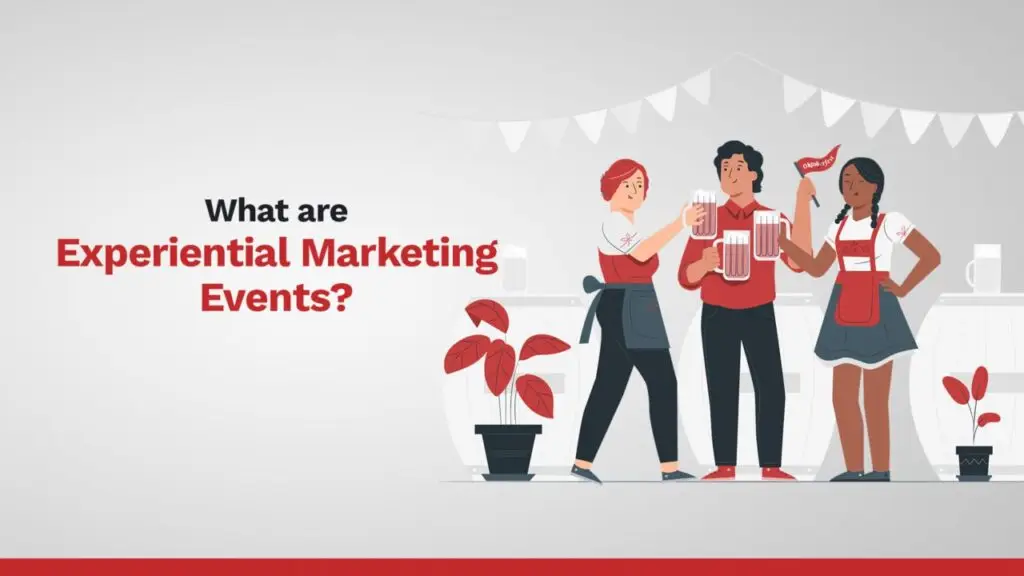
Experiential Marketing Events allow your brand to participate in an experience-based activity that will generate excitement and interest in your product or service. These types of experiences create a lasting impression, which makes it more likely for people to buy from you.
Experiential Marketing Events are also known as live-action social experiments. There are many examples of this, including giving consumers a taste of how your food tastes or allowing them to experience a similar lifestyle.
These experiences will keep people talking and inspire them with new ideas and creativity. If you are looking for a way to get people’s attention, then look no further than experiential marketing events.
How Experiential Marketing Events are Organized
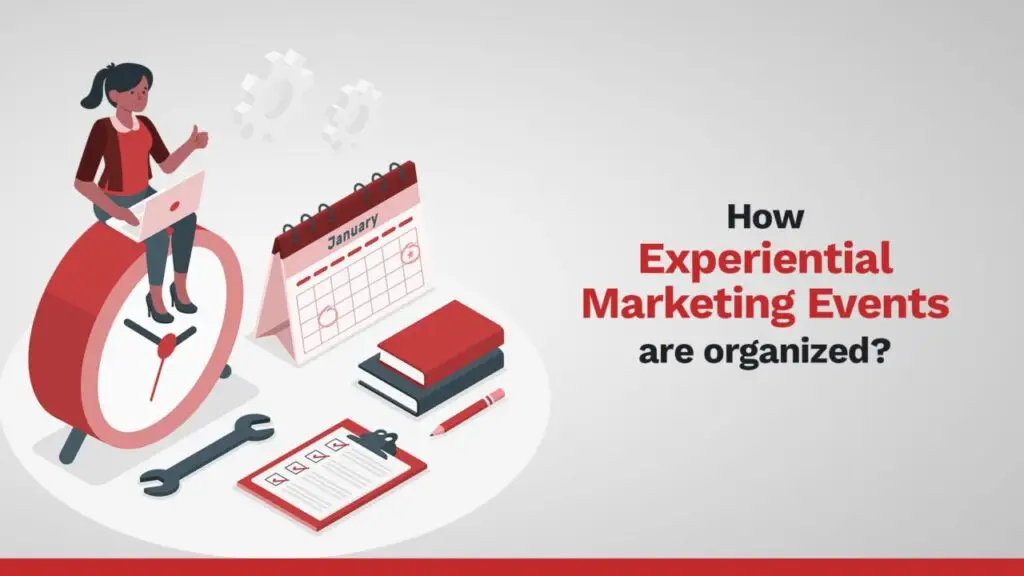
First, let’s look at the purpose of an event. Experiential marketing events are meant to create a lasting impression on your customers.
Experiences are often emotional and involve sensory stimuli to fully capture the experience in their minds. If designed well, these impressions will come back into their thoughts at a later date when they’re looking for your product or service and can make a decision with less friction.
In other words, it’s more likely that your customer will buy from you after experiencing one of your marketing campaigns as opposed to just reading about it online or seeing an ad on TV.
It may seem like it takes a lot of work to plan an event, but plenty of companies out there specialize in this type of work. They’ll be able to help you design everything from the venue and food to signage and giveaways for the attendees.
A good way to see what is possible is by looking at photos and videos of different types of events on social media sites like Pinterest or Instagram.
You’ll also want to consider how many people you want the event to have. Larger crowds require larger venues, so try not to go too small if you don’t have a specific number in mind.
Most importantly, give yourself enough time! These things take months and sometimes years of planning, so start early if you want the best turnout possible.
There are several considerations to keep in mind when organizing an event, such as location, budget, timeline, theme/target audience, amenities/foods, promotions/giveaways, and supplies.
The location of the event will impact every other detail because some locations won’t allow certain things or have very strict rules about noise levels, so make sure you check before signing any contracts.
Budgeting should include the cost of food and drinks (if alcohol is allowed), venue rental fees, staff costs such as security guards or bartenders (depending on alcohol), and equipment rentals such as tables or chairs (again, depending on the size of the crowd), promotional materials such as branded t-shirts or banners.
A timeline is important because some vendors require advance notice while others do not. You’ll also want to note whether the event requires guest reservations, admission tickets, etc.
Themes and target audiences depend on the event’s reason – if it’s a conference, then you might focus on topics like digital marketing or tech trends; if it’s a birthday party, then you might focus on themes such as Jurassic Park.
An easy way to get ideas is by researching past events similar to yours and talking with potential clients about what they would like most out of an event – maybe we have something in common!
Finally, logistics refers to all the little details involved in executing an experiential marketing campaign. For example, how many days ahead of time should people RSVP? What hours will registration open? What times will meals be served? All of these questions will affect your decisions, and you’ll want to take them into account.
Another thing to think about is the weather. Will it rain on your parade? Make sure you find a backup plan if bad weather is in the forecast.
And of course, don’t forget about the promotion! You’ll want to reach out to a variety of people in your industry as well as on social media.
Promote the event on your company’s website, make it known that you are looking for sponsors and partners, and make sure that employees are involved in promoting the event too.
You can even send a postcard or invitation with information about the event to your list of existing customers, so they have an idea of what’s coming up.
It’s also good to talk with other businesses about how they promote their events, so you have new ideas! And remember, be clear about what you want people to do at the event and why.
Benefits of Experiential Marketing Events
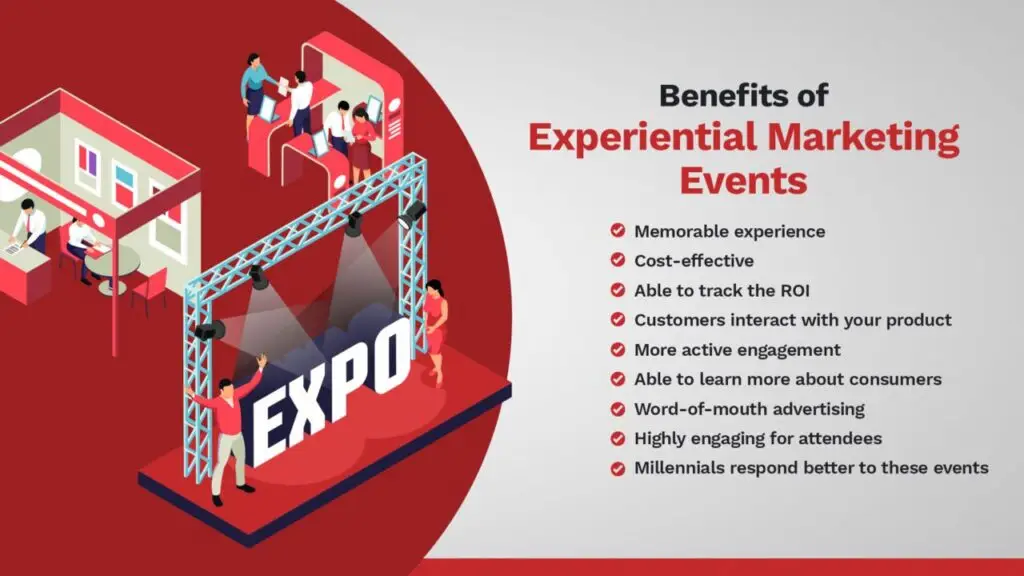
Experiential marketing events are a great way to make your customers feel involved in your brand and give them a glimpse into what it’s like to work with you. They can help you build your brand and show off who your target customer is.
Experiential marketing helps new customers get engaged with what you’re doing, so they’ll remember the event and all the wonderful experiences they had there long after the event ends.
There are many benefits to using experiential marketing strategies, but the most prominent is that people enjoy them more than other forms of advertising.
People are less likely to simply turn off a video ad or scroll past an advertisement on social media because they’re not as interactive and immersive as an event.
Experiential marketing also creates memories that people can cherish for years and make personal connections with brands that may stick with them in their day-to-day lives.
Whether your company wants to generate excitement for a new product launch, increase awareness about important causes, or even promote team-building exercises for your employees, there’s an event style that fits your needs.
So, what are the benefits of experiential marketing events?
1) The participants will have a memorable experience.
2) The event will be cost-effective for both the company hosting it and the audience attending it.
3) You’ll be able to track the ROI of an experiential marketing event because people will interact with you in ways that other forms of advertising don’t allow.
4) Customers or potential customers won’t just see your product; they’ll interact with it firsthand.
5) It’s not as much of a passive form of advertising as some other methods, which means more active engagement on the part of those being marketed to.
6) Marketing teams are able to learn more about their customers by seeing how different demographics react differently and take away different things from each event.
7) Your customers may even share photos of themselves at your event on social media platforms such as Facebook, Instagram, Snapchat, etc., creating word-of-mouth advertising for you.
8) When done correctly, experiential marketing events are highly engaging for attendees and keep them coming back for more.
9) Lastly, research has shown that millennials respond better to these types of events than anything else when it comes to getting customer feedback – and we all know how important millennial shoppers are!
Some Examples of Experiential Marketing Events
E-sports are a great example of experiential marketing events. Players come from all over the world for these events that promote their games and give them an immersive experience where they can feel like part of the event.
Gaming companies like Blizzard hold yearly competitions at Blizzcon where players can see their favorite players play live, participate in contests, and experience some of Blizzard’s newest games in what is called a playable exhibition.
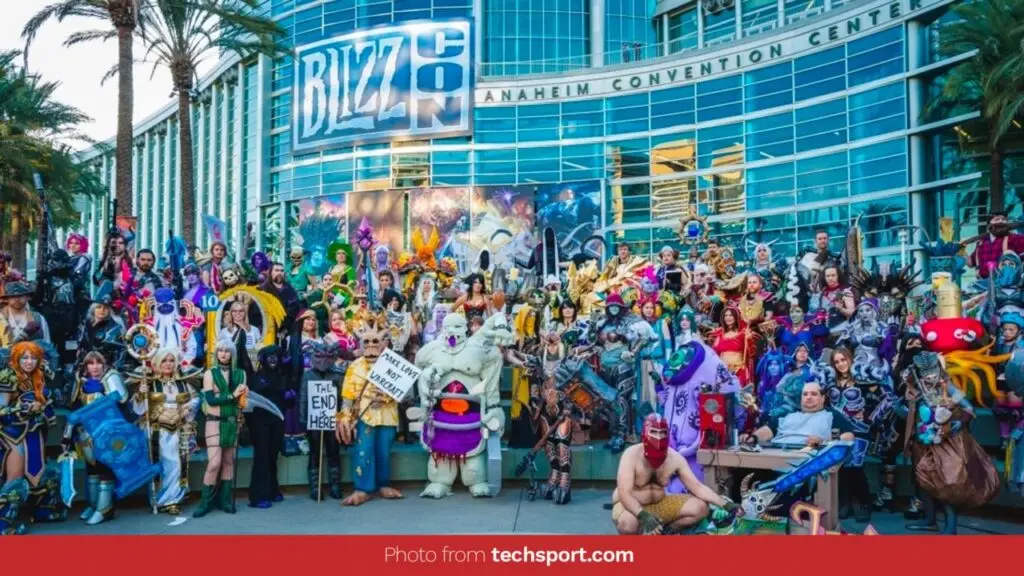
More and more companies are using experiential marketing events, both large and small, because they give people an opportunity to engage with content or products in real life before purchasing anything online.
With the rise of social media platforms like Instagram, Facebook Live, and Snapchat–experiential marketing events have become even more popular as companies create tailored experiences for attendees through visuals as well as other forms of social media.
Some examples include Nike+, Reddit’s Ask Me Anything (AMA), Target, Uber, and many others.
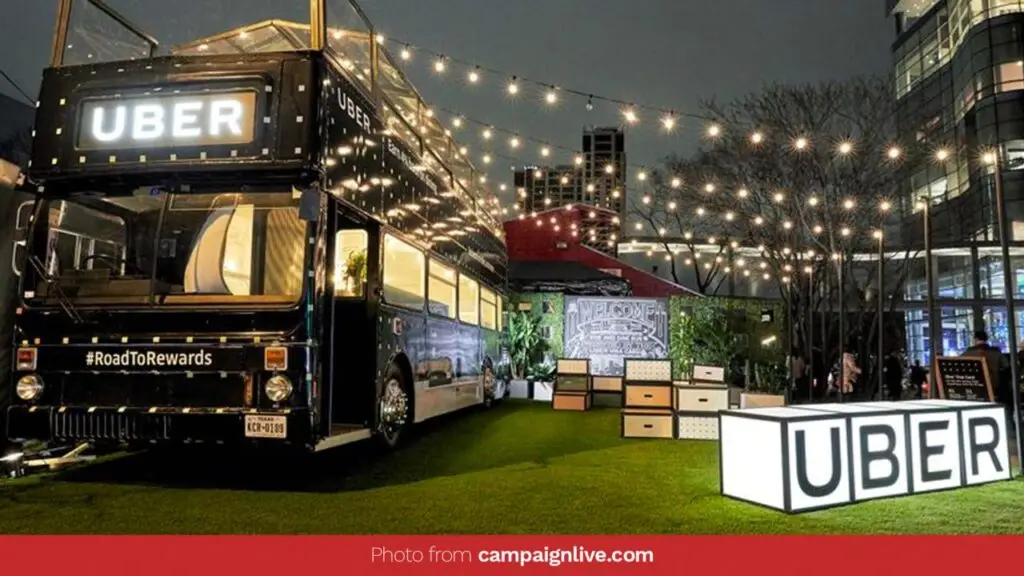
One major difference between experiential marketing events and something like traditional advertising is that users get to use the product for themselves instead of just seeing it on TV or reading about it in a magazine. For this reason, more companies are turning towards this type of marketing strategy as it helps increase sales and brand loyalty.
Experiential marketing events give consumers the opportunity to try out new things without breaking the bank.
They also help develop a deeper connection with potential customers and give brands a way to gain customer feedback without asking them directly, which creates a better relationship overall.
It is important when planning any type of experiential marketing event to keep in mind who your target audience is so that you can provide the most relevant information possible and maximize your return on investment.
Conclusion
Experiential Marketing Events are a great way for brands and organizations to spread awareness, showcase new products, and build relationships with new audiences. Whether you’re looking for engaging, interactive workshops or high-energy team-building activities, an Experiential Marketing Event has everything your company needs.
Experiential Marketing Events can be customized according to the needs of the company that is holding them. There are a variety of formats available: Trade Shows, Team Building Activities, Brainstorming Sessions, Product Launches, and More!
All events are designed to create strong impressions on consumers and stakeholders alike. They provide an opportunity for marketers to communicate their message in a manner to all five senses (sight, sound, touch, taste, and smell).
No matter what event you’re hosting, if it’s not fun for the people attending, then there’s no point in having it.
Experiential Marketing Events allow brands to connect with their customers through direct interaction. The live experience provides visitors with a unique opportunity they won’t get anywhere else by creating memorable moments they’ll remember forever.
If done correctly, these events have the potential to go viral and make incredible impressions on viewers around the world – resulting in a positive brand image boost!
